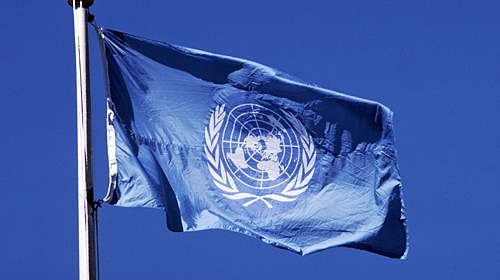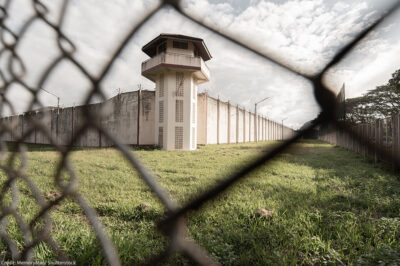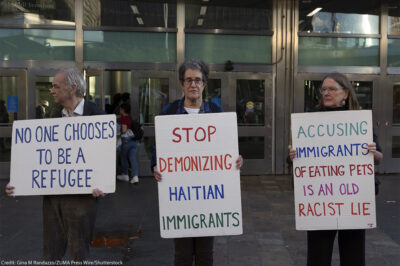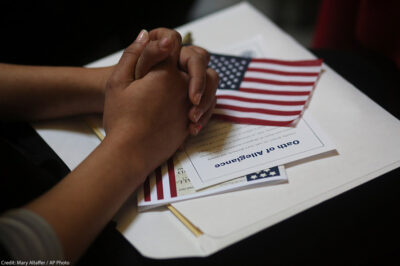U.N. Working Group Finds That U.S. Needs to Do More to Address the Adverse Business Impacts on Human Rights


The United Nations Working Group on the issue of human rights and transnational corporations and other business enterprises yesterday completed its first country visit to the United States. The Working Group was formed by the U.N. Human Rights Council in 2011 to disseminate and implement the recently developed "Guiding Principles on Business and Human Rights," which set forth countries' obligation to protect people from human rights violations caused by businesses or other entities and the necessity of appropriate remedies for such violations. The Guiding Principles also outline businesses' responsibility to respect human rights. At the invitation of the U.S. government, the Working Group visited many cities and met with diverse stakeholders including federal and state officials, businesses, trade unions, and civil society organizations.
Upon completion of its visit, the Working Group found that the United States "still faces significant challenges to address the adverse impacts of business activities on human rights." A statement describing the Working Group's preliminary observations discussed these challenges, highlighting areas such as:
- The lack of protections for agricultural workers
- The failure of U.S. labor laws to live up to international standards
- Weak regulatory frameworks that do not prevent abuse
- The challenge of holding U.S. corporations accountable for violations committed abroad
Specific violations reported to the Working Group included minimum wage law violations and wage theft, the negative impact of the financial industry on the right to housing in the context of the recent economic crisis, and the lack of remedy available to many of those whose human rights have been violated by business activities.
On Monday, the ACLU's Chandra Bhatnagar participated in a civil society consultation and briefed the Working Group on four issues:
- Systemic abuses associated with the U.S. guestworker program, as reflected in our lawsuit, David, et al. v. Signal International, LLC, et al.
- Discriminatory lending practices of American financial institutions as highlighted in our lawsuit, Adkins et al. v. Morgan Stanley
- The negative impact of the private prison industry
- The trafficking of Third Country Nationals on U.S. government contracts in Iraq and Afghanistan.
For each of these areas, the ACLU explained the human rights violations that occur and made recommendations for how to prevent them from continuing. Our guestworker program should incorporate protections to ensure that workers who come here have the rights and freedoms necessary to prevent abuse. Financial institutions should be held accountable to the full measure of anti-discrimination law. Public safety and justice should be entrusted only to transparent and accountable public institutions, not to private companies that profit from the incarceration of human beings. And human trafficking on U.S. government contracts must end through proper and responsible implementation of President Obama's Executive Order on the subject.
The U.S. government made a positive first step by inviting the Working Group to visit. Now, the U.S. must heed the advice of the Working Group and do more to respect, protect, and fulfill human rights and fundamental freedoms with respect to business. In the meantime, the ACLU will continue to advocate and encourage the government to do so. The Working Group will submit a more extensive final report on its United States country visit to the U.N. Human Rights Council in mid-2014.
Learn more about human rights and other civil liberty issues: Sign up for breaking news alerts, follow us on Twitter, and like us on Facebook.




